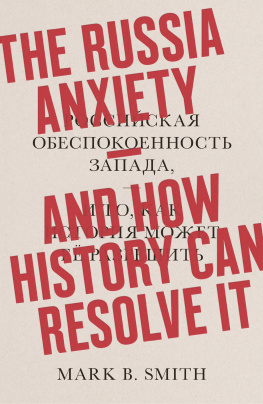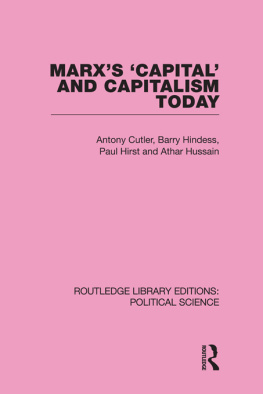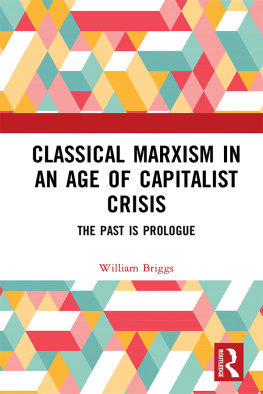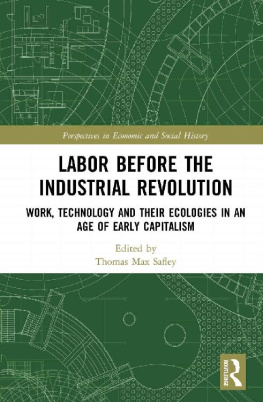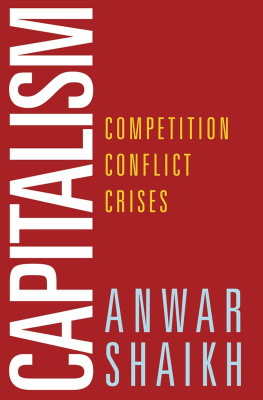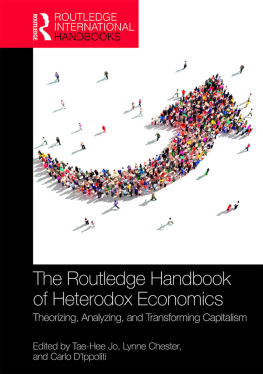Smith - Green Capitalism: The God That Failed
Here you can read online Smith - Green Capitalism: The God That Failed full text of the book (entire story) in english for free. Download pdf and epub, get meaning, cover and reviews about this ebook. year: 2015, publisher: WEA Books, genre: Politics. Description of the work, (preface) as well as reviews are available. Best literature library LitArk.com created for fans of good reading and offers a wide selection of genres:
Romance novel
Science fiction
Adventure
Detective
Science
History
Home and family
Prose
Art
Politics
Computer
Non-fiction
Religion
Business
Children
Humor
Choose a favorite category and find really read worthwhile books. Enjoy immersion in the world of imagination, feel the emotions of the characters or learn something new for yourself, make an fascinating discovery.
Green Capitalism: The God That Failed: summary, description and annotation
We offer to read an annotation, description, summary or preface (depends on what the author of the book "Green Capitalism: The God That Failed" wrote himself). If you haven't found the necessary information about the book — write in the comments, we will try to find it.
In successive chapters I explicate and criticize the two leading mainstream approaches to dealing with the ecological consequences of this overdevelopmental dynamic dcroisance or degrowth, and green capitalism. I show that the theorists and proponents of no-growth or de-growth like Herman Daly or Tim Jackson are correct in arguing that infinite economic growth is not possible on a finite planet but that theyre wrong to imagine that capitalism can be refashioned as a kind of steady state economy, let alone actually degrow without provoking economic collapse. There are further problems with this model, which I also investigate. I show that the theorists and proponents of green capitalism such as Paul Hawkin, Lester Brown and Frances Cairncross are wrong to think that tech miracles, dematerialization, new efficiencies, recycling and the like will permit us to growth the global economy more or less forever without consuming and polluting ourselves to death. I show that while were all better off with organic groceries, energy-efficient lightbulbs and appliances, recycling and the like, such developments do not fundamentally alter the eco-suicidal tendencies of capitalist development because infinite growth, even green growth, is just not possible on a finite planet.
In the final chapters I argue that since capitalism can only drive us to ecological collapse, we have no choice but to try to cashier this system and replace it with an entirely different economy and mode of life based on minimizing not maximizing resource consumption, based on public ownership of most, though not all of the economy, on large-scale economic planning and international coordination, and on a global contraction and convergence between the North and the South around a lower but hopefully satisfactory level of material consumption for all the worlds peoples. Whether we can pull off such a transition is another question. We may very well fail to overthrow capitalism and replace it with a viable alternative. That may be our fate. But around the world, in thousands of locations, people are organizing and fighting against corporate power, against land grabs, against extreme extraction, against the incessant commodification of our lives. Here and there, as in Greece and China, ruling classes are on the defensive. All these fights have a common demand: bottom-up democracy, popular power. In this lies our best hope. This little book is intended as more ammunition for that fight.
About the author
Richard Smith has worked as a sailboat rigger, African expedition leader, carpenter-builder and briefly as a lecturer in history. He wrote his UCLA History Ph.D. thesis on the contradictions of market reform in Chinas transition to capitalism (1989). He held postdoctoral appointments at the East-West Center in Honolulu and at Rutgers University New Brunswick and has published articles on the Chinese revolution, Chinas road to capitalism, and capitalist development and Chinas environment for Against the Current, New Left Review, the Ecologist, and Monthly Review and other journals. He has published articles on capitalism and the global ecological crisis in the Journal of Ecological Economics, Capitalism Nature Socialism, Real-World Economics Review, Truthout.org, Adbusters, and other media. He is presently completing a book on Chinas communist-capitalism and ecological collapse.
Contents
Chapter 1: How Did the Common Good Become a Bad Idea? The Eco-suicidal Economics of Adam Smith
Chapter 2: Beyond Growth or Beyond Capitalism?
Chapter 3: Green Capitalism: The God That Failed
Chapter 4: Climate Crisis, the Deindustrialization Imperative, and the Jobs vs. Environment Dilemma
Chapter 5: Capitalism and the Destruction of Life on Earth: Six Theses on Saving the Humans
Smith: author's other books
Who wrote Green Capitalism: The God That Failed? Find out the surname, the name of the author of the book and a list of all author's works by series.







